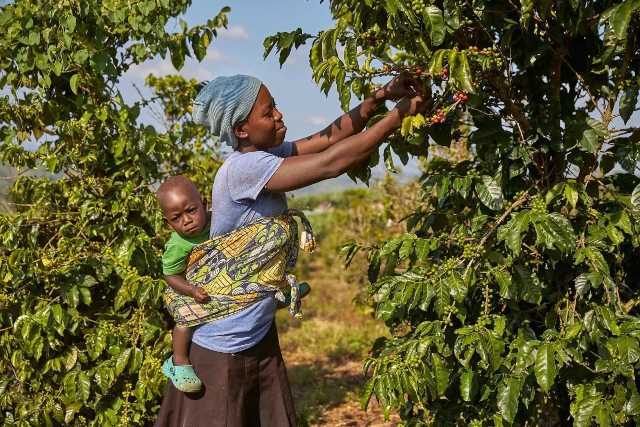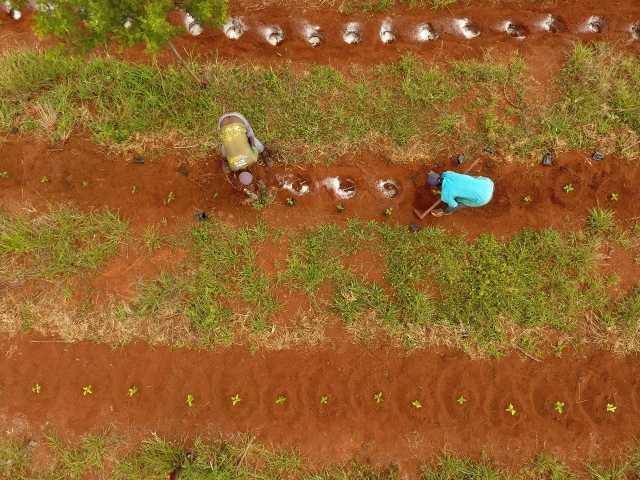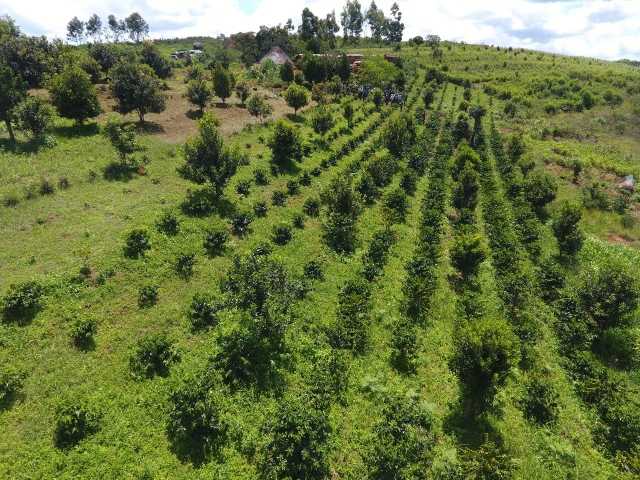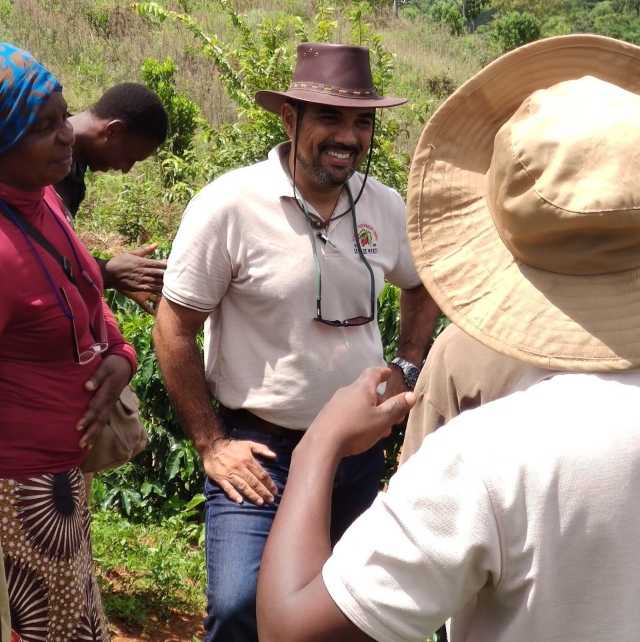SUSSUNDEGA VILLAGE, Mozambique – Café de Manica is a company focused on sustainable coffee production nationally. The project promotes a pro-women sustainable movement in the coffee industry that will involve over 2.100 female members by 2028: this is one of the largest of its kind in the past decade. In order to know more about this interesting project, we interviewed Jenaro Lopez Ribeiro, the director of the company.
When was Café de Manica founded? What is the idea behind the project?
“The Café de Manica project started in 2019 with the planting of Arabica coffee seedlings in an experimental field in the surrounding areas of the Chimanimani National Park. Café de Manica is headquartered in Sussundenga Village, Mozambique and we are one of the very few companies focused on coffee production nationally.”
How important is sustainability in coffee according to you?
“As the director and a shareholder of the company, I recognize that making sustainable investments in the economic and social development of local communities in which we operate is central to the creation and promotion of long-term partnerships.

We support initiatives and programs that assist economic development, and improve the quality of life for those communities connected to our agricultural operations.”
Which kind of sustainable agricultural practices do you utilize for coffee production?
“We consider our project to be a pro-women sustainable movement in the coffee industry – involving over 2.100 female members by 2028, this is one of the largest of its kind in the past decade.
As one of our main focuses, we intend to produce organic coffee in agroforestry systems, to not only guarantee our producers financial stability and food security, but to reforest and improve biodiversity in Sussundenga and Chimanimani Region, which has been in a steady decline over the last half-century.

This region of Mozambique is in need of such initiatives, to stop deforestation and preserve the extensive biodiversity.
Our project can play an important role in advocating for the development of policies and activities that ensure women and the youth have the knowledge, skills, time and confidence required to influence community and cross-sectoral decision-making spaces.”
Café de Manica is in partnership with BIOFUND for the preservation of the Chimanimani National Park. What actions are you taking in order to preserve the forest?
“Our operations run-in cooperation with the Chimanimani National Park, BIOFUND as well as FNDS to preserve the environment and the national park.
By planting our coffee through AFS, we’re able to not only reforest areas around the Chimanimani Park where the extracted vegetation was used to produce charcoal and other materials for local consumption, but to also produce organic coffee with higher quality standards at a reduced cost.

Coffee requires shade for the most part of its lifecycle, through AFS we’re able to provide the plant with enough shade during its flowering and harvest season. One of the key aspects as to why we are planting around the National Park, is to create a sort of natural barrier for locals who deforest the buffer zone, with the coffee and native trees.”
Sustainability is not everything. Café de Manica showed also interest in the importance of the role of women in the coffee industry. Could you tell us more about the project Women in Coffee?
“Café Vumba´s program “Women in Coffee” entailing the concept of 1 Woman – 1 Hectare, it will help create great influence in future projects, to follow the same pathway, benefiting women as a whole since they are the ones sustaining families, communities and economies.
Through the “Women in Coffee” program, we provide the necessary training these women need to successfully grow their coffee and adequately manage their wealth, as well as the seedlings required for them to start their journey in the coffee world. In a project where women come first, our commitment to purchasing all coffee at a fairly-traded price creates significant impact on equal remuneration, an impact on the rights of these women and work benefits.
Available data shows that women bear significant responsibility for coffee production (up to 70%) in small-scale farming. However, the access to land ownership and decision – making power of women and girls are often greatly limited.
At this stage, we sit with 90% of our smallholder production and 45% of employees who are women.”
What are your projects for the future? Where is Café de Manica headed?
“Our business model entails mainly the production of organic specialty coffees throughout 2.100 hectares of land in the Manica Province – of which 400 hectares are privately managed by the Café de Manica and the remaining 2.100 through a cooperative system.
To date, we already have 360 families working with us and over 180 hectares of coffee on field.
Café de Manica proudly assures that their 2020–2028 strategic plan is being broadly delivered on-field, and plans to include a further 450 families into the project.”
by Federico Adacher


















